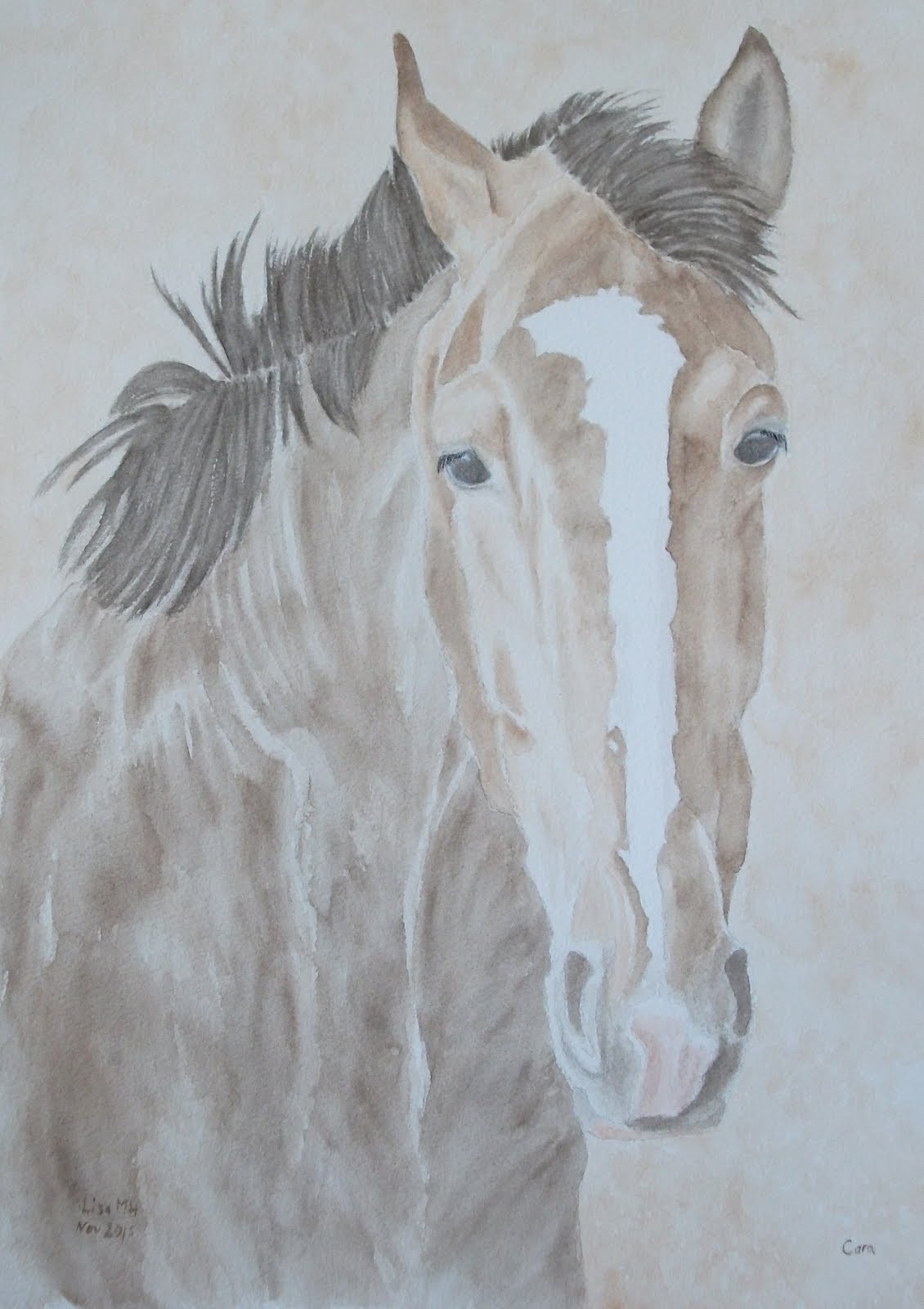BOOK - THE HORSE AND HIS BOY by C S Lewis
“Draw near, Aravis my daughter. See! My paws are velveted. You will not be torn this time.”
“This time, sir?” said Aravis.
“It was I who wounded you,” said Aslan. “I am the only lion you met in all your journeyings. Do you know why I tore you?”
“No, sir.”
“The scratches on your back, tear for tear, throb for throb, blood for blood, were equal to the stripes laid on the back of your stepmother’s slave because of the drugged sleep you cast upon her. You needed to know what it felt like.”
“Yes, sir. Please…”
“Ask on, my dear,” said Aslan.
“Will any more harm come to her by what I did?”
“Child,” said the Lion, “I am telling you your story, not hers. No one is told any story but their own.”
This, along with The Lion, The Witch, and The Wardrobe, is my favourite Narnia book. And for someone like me who frequently worries about the rest of the world, and gets overwhelmed by all of the stories of injustice, persecution, inequality, wrongdoing, etc when I misguidedly venture out into that world (via the glimpses I get on my computer, when I go wandering the web), I find it comforting to be reminded that I can only really know my own story, and that I’m not expected to take responsibility for anyone else’s.
I was in the middle of worrying about the state of the world (as I frequently do), and whether it’s okay to be happy when it appears that there’s so much misery out there, when this quote popped into my head. So it was a relief to re-read it, and be reminded that God is in charge, not me, nor anyone else on this earth. And S/He/It doesn’t expect me to ‘sort out’ the problems of the world, just work on my own little corner.
As to the first part of the quote, I guess you could interpret it as an example of karma - what goes around comes around. Each action we take produces consequences, whether negative or positive, obvious or subtle. It’s just a universal law of nature, and is not the evidence of a punishing God (an idea which I’ve struggled to be rid of for a long time).
Or, to put it another way, “Do unto others as you would have them do to you.”


















